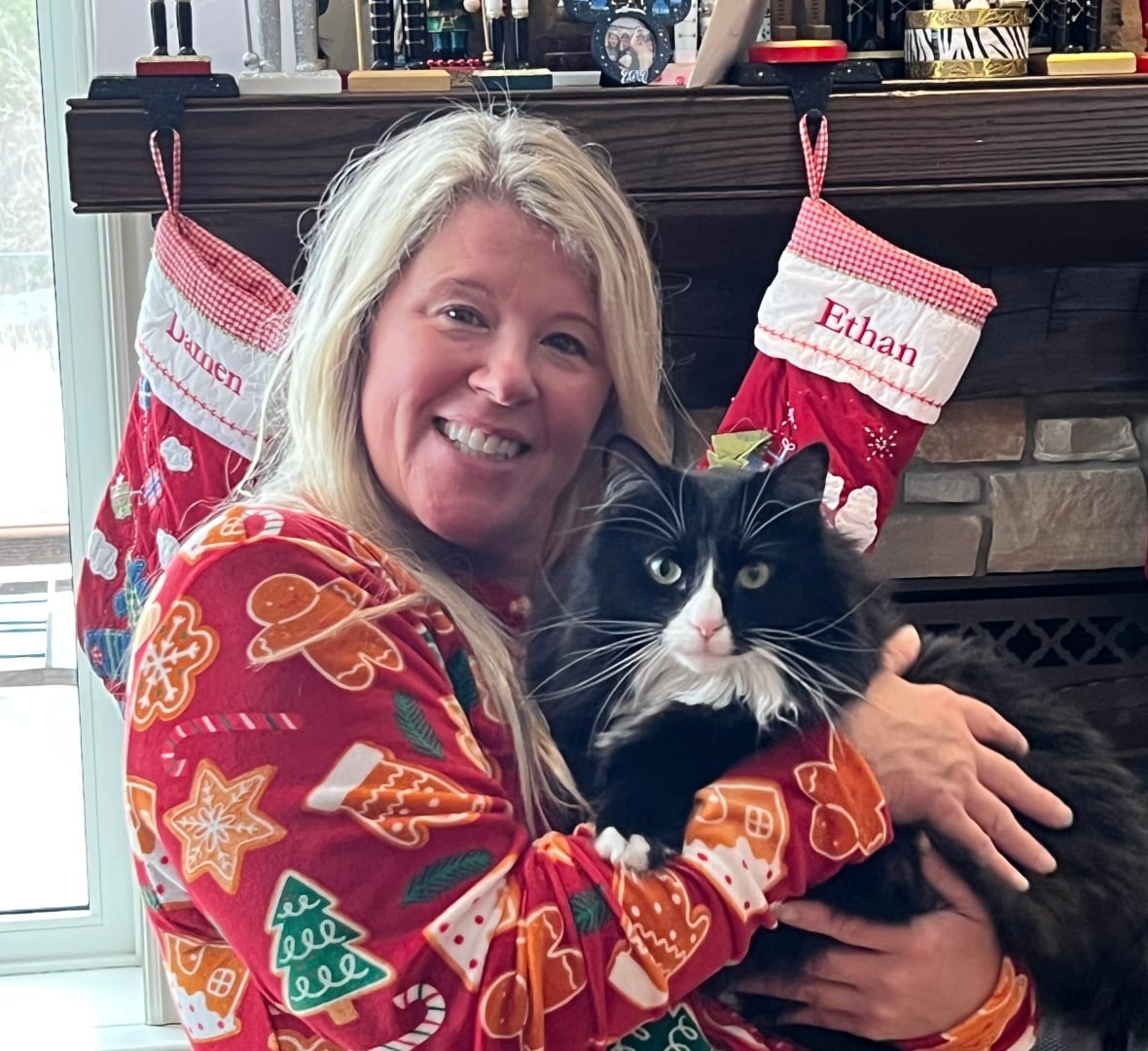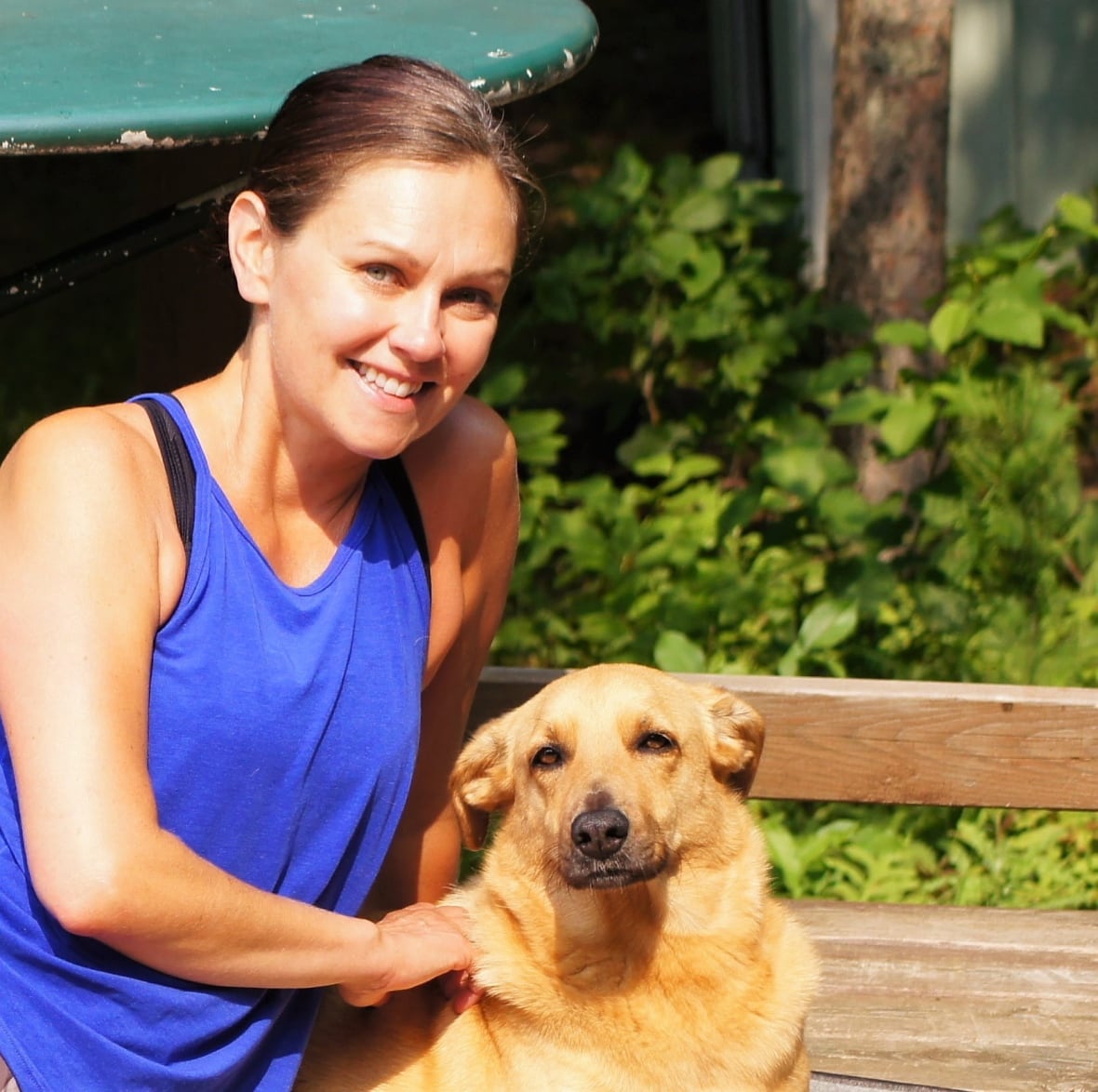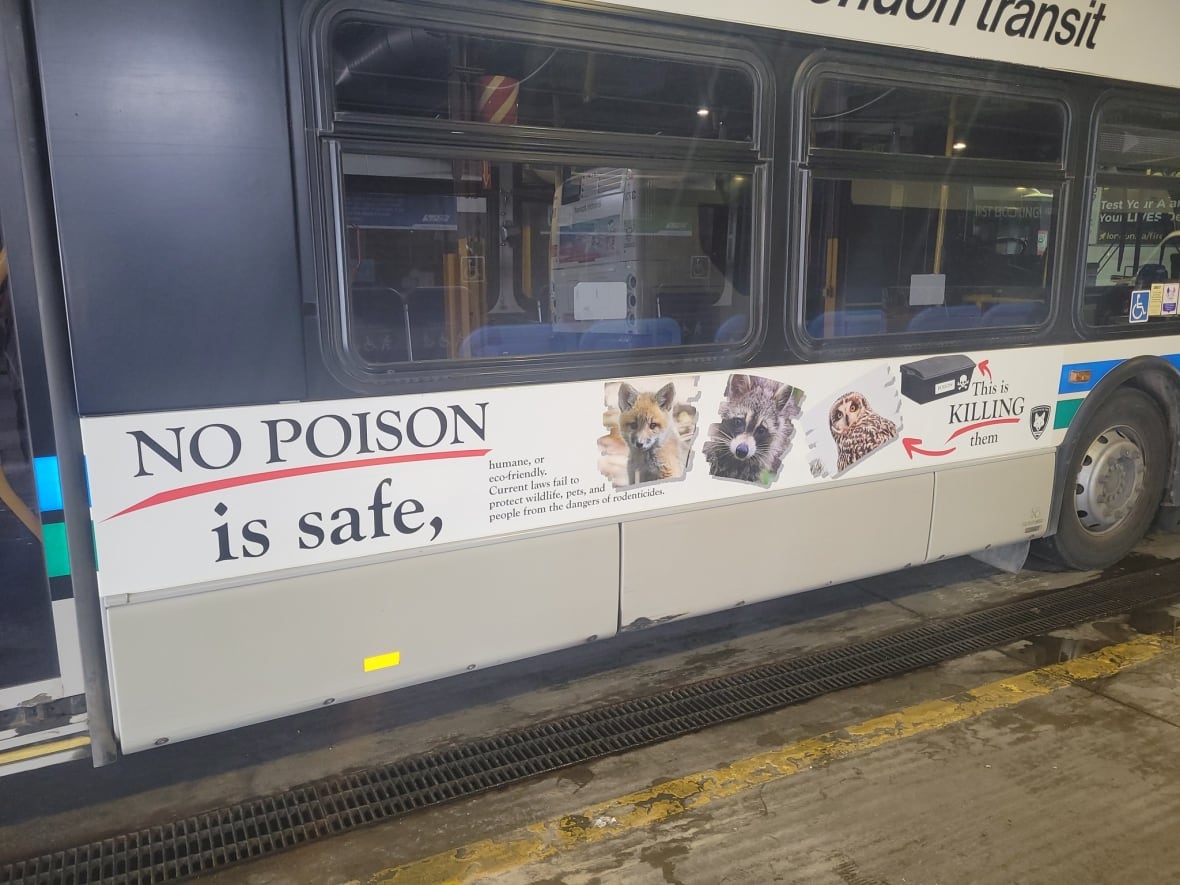'Torchy' and other pets the faces of what rat poison can do in new London bus ads

A new series of ads have appeared on London city buses to warn of the dangers of rat poison for wildlife, and even displaying photos of household pets who have died from it.
The ad campaign was created by Rodenticide Free Ontario (RFO), an organization dedicated to ending the use of rat poison in the province, and it was sponsored by Londoner Shannon Chande.
Chande has always loved animals, she said, and when she came across the organization's page on social media, she wanted to do something to help.
"I was actually shocked," she said. "I was one of those people many years ago that would have used that poison, thinking that was the only option."
While rat poison, or rodenticide, has long been a go-to solution when dealing with rodent problems, it can seriously harm or kill any animal that eats it, the advocacy group said, including when wildlife species feed on a poisoned rodent.

The exact effects depend on the type of rodenticide used, according to Dr. Ellen Denstedt at the East Village Animal Hospital. The most well-known is the anti-coagulant type, which can lead to severe internal bleeding, she explained.
Other types include neurotoxic poisons, and some that concentrate calcium in the body. Animals that get into rodenticide often survive with prompt veterinary care, Denstedt said, but it can be expensive with treatment sometimes lasting weeks.
Among wildlife, raptor species are the most commonly treated for poisoning. When birds like owls and hawks eat a poisoned rodent they are actually at risk of the same effects as an animal that ingested the poison directly.
"And just remember that these are the animals that people are are finding," Denstedt said. "There are many more animals out there that potentially have been exposed that pass away in the wild that people just don't find, you know, coyotes, foxes, raccoons, really anything that eats rodents."
'A matter of changing the mindset'RFO was started in 2021 by Allison Hansen. She began researching the topic after her rescue dog, Torchy, died from liver failure caused by a buildup of rodenticide.
Since then, the group has grown to include about 10 volunteers who engage with municipalities and businesses across Ontario. One of their first breakthroughs came in 2023, when the City of Pickering banned the use of rat poisons on all city property.

Part of the organization's work is also teaching people about alternative solutions to rodent problems that are not only safe for pets and wildlife, but also better at addressing the root causes, according to Hansen.
She recommends sealing all holes into the building, clearing any brush in the area, not feeding nearby wildlife and, if necessary, using temporary traps with one-way doors.
"We've done a cost analysis and it's money saved in the long term," she said. "I just honestly think people have been used to using these poisons for so long, and it's just a matter of changing the mindset."
While the ultimate goal is a total ban of rat poisons, the group is not quite ready to take the fight to the provincial government, they said.
"I think it's going to happen one person at a time," Chande said. "I'm hoping people, when they're driving or standing at bus stops, see this and think, 'I didn't realize those poisons could kill somebody's cat or dog.'"

cbc.ca





